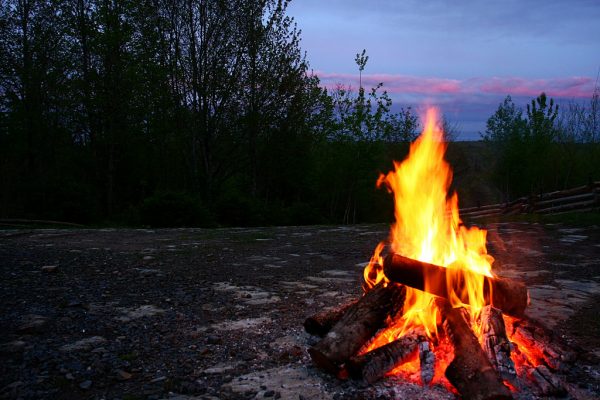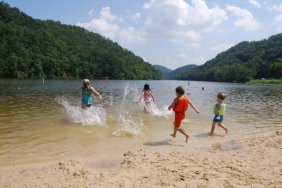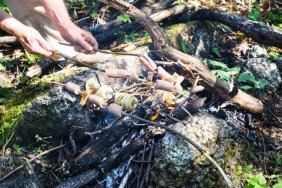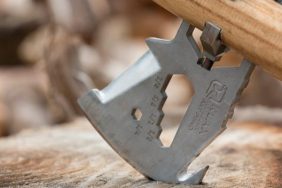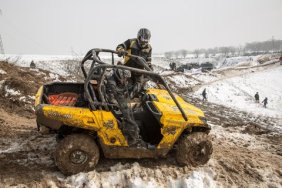One of the most critical skills for backcountry enthusiasts is the ability to build a reliable campfire. A good campfire lets you cook food, boil water, provide heat and light, offers potential security from curious predators and even serves as a distress signal in an emergency.
As important as a campfire is, not everyone can build one in a pinch. Here are five tips for first-time campers to keep in mind when it comes building your first fire.
Preparation is the Key
Whenever you build any fire in the outdoors, it’s wise to arrange the necessary materials before striking that first match. This means stacking your firewood at least 5 feet from the firepit, dampening the surrounding ground and removing potentially flammable objects and keeping track of where your materials are—matches, tinder, etc. More often than not, disorganization can turn starting a fire into a long, stressful ordeal.
RELATED: 6 Campfire Tips that Can Prevent Forest Fires
Overnight Warmth
When building a fire to keep you warm overnight, it’s best to first decide where you’ll be sleeping and then choose your fire site based on that. You don’t want to sleep too close the fire, as stray sparks and the risk of rolling over onto the fire itself are possibilities there. Also, make sure your firepit is a safe distance from any overhanging tree branches.
From the Ground Up
A good fire starts with a good foundation. Start with a fair amount of fine tinder, such as shavings from dried twigs, pine needles or use a knife to whittle a dry branch. Next comes a layer of dry twigs laid in a criss-cross pattern. When the tinder catches, the twigs will light quickly, allowing you to add a few larger pieces of wood and really get a solid blaze going.
RELATED: 5 Things You Can Use as Fire Tinder
Practice Patience
It takes patience to get a fire going, especially if you’re new at the task. While typically one match can do the job just fine, you’ll want to be mindful of how you light it. Get out of the wind as much as you can and use your body to keep the fire out of the wind before lighting your match.
Breaking Camp
Before you leave your campsite, check to make sure your fire is completely out. Use water to put out any lingering embers, scatter the cinders and cover the site with dirt. Check it at least twice by pouring water and listening for any hissing. Finally, it’s good practice to make sure your campsite is in the condition it was when you arrived.
Photo credit: Flickr
